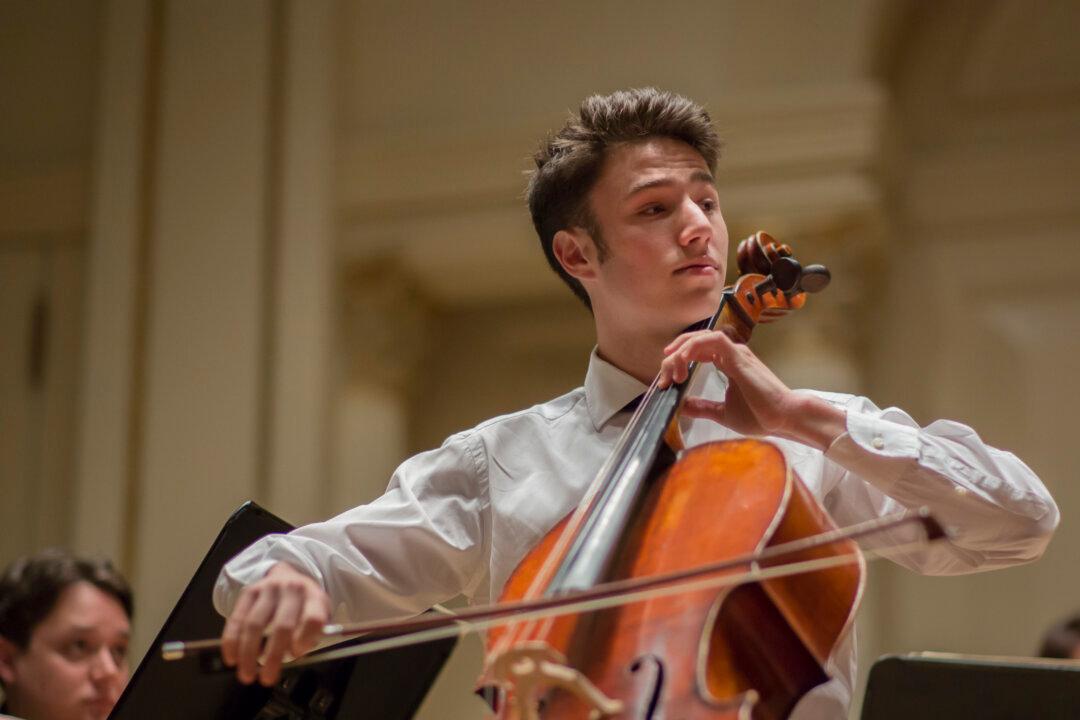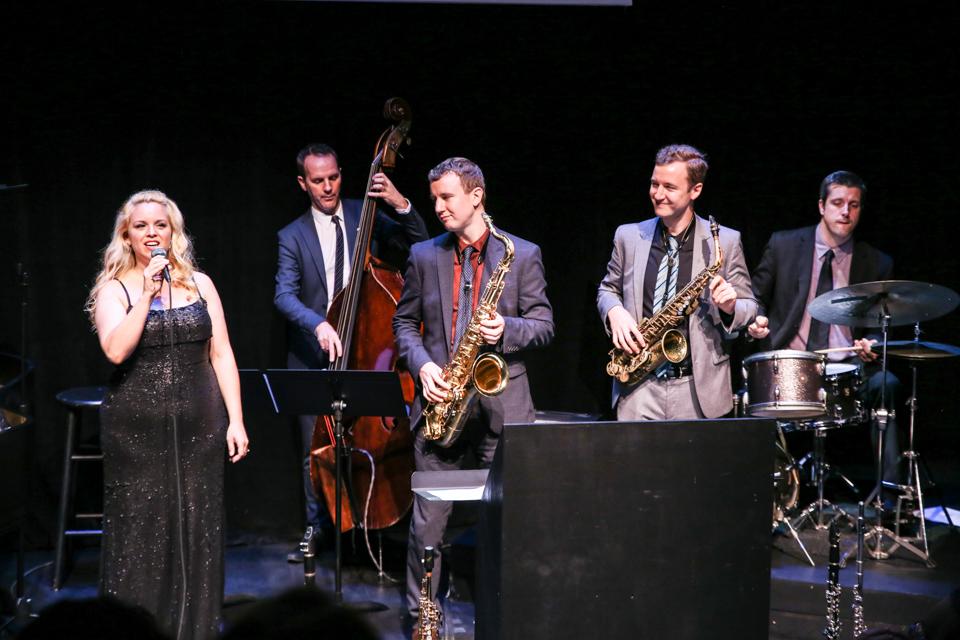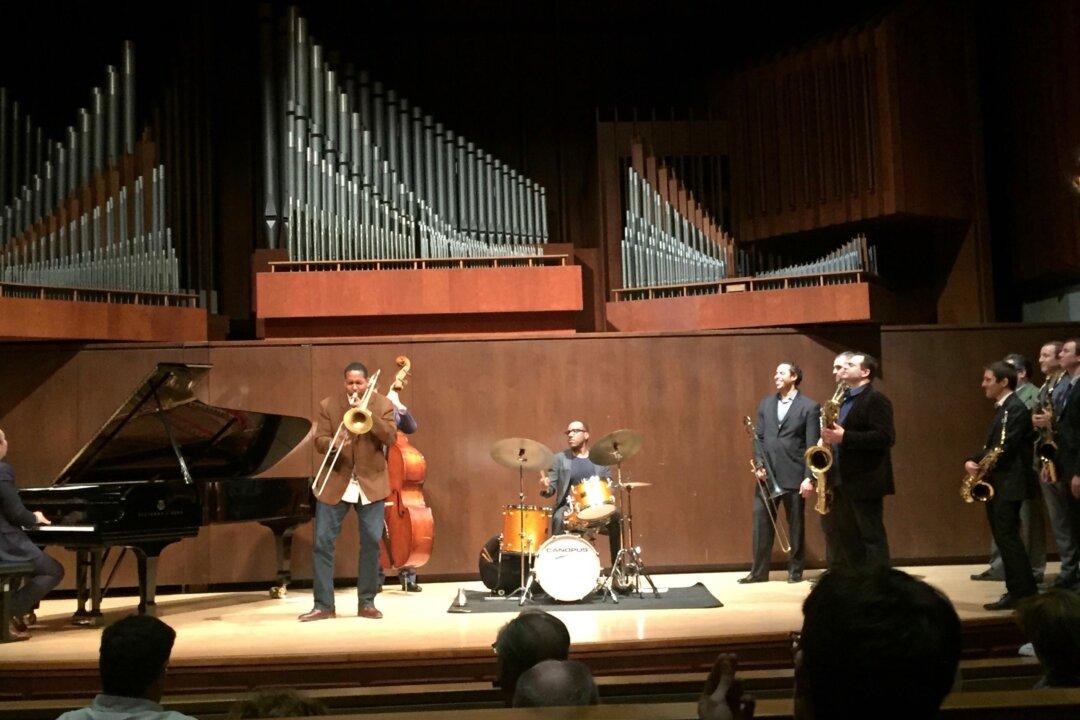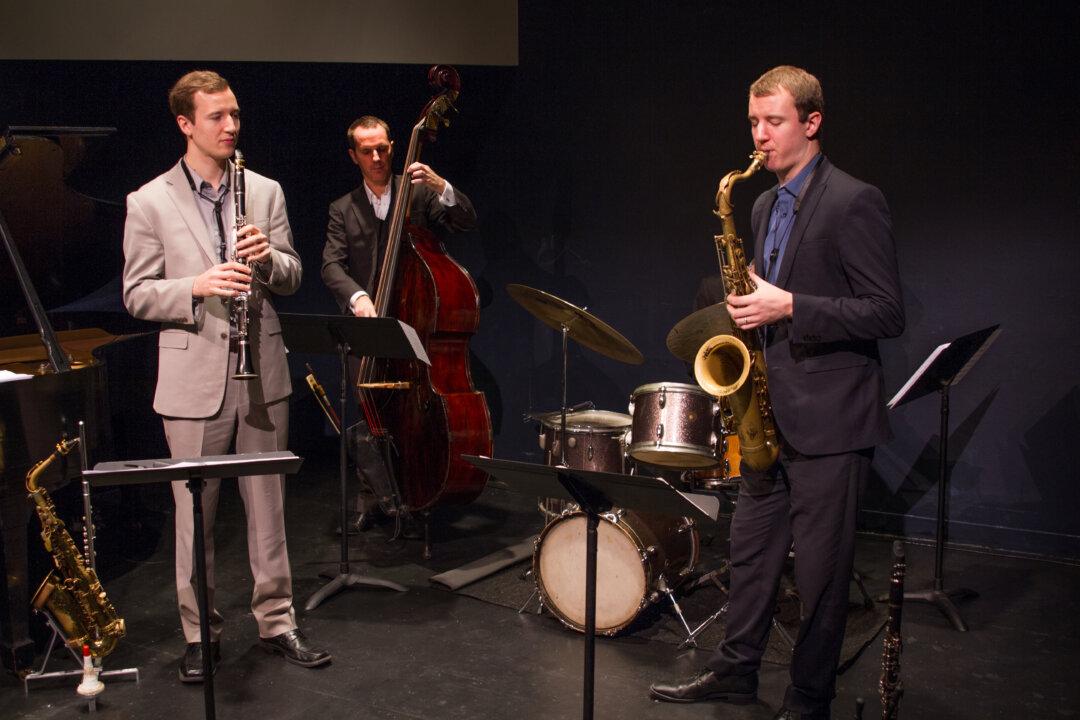NEW YORK—Coming off of the drama of the NBA Finals and the fresh picks of its annual draft, one ponders Shakespeare’s oft-quoted phrase “such stuff as dreams are made on.” Whether in sports or music, the intriguing fascination is with the question: How do talented players become stars? Ironically, when speaking of soloists, it is team play that separates the men from the boys, precisely because the ego is fundamentally secondary to their game.
Cellist Alexander Rohatyn seems to have found his game. Instead of displaying the “wunderkind” syndrome that so often can implode or lead youth to disappointment through brutal competition, Rohatyn shows a determined, down-to-earth, and simple joy in study.




